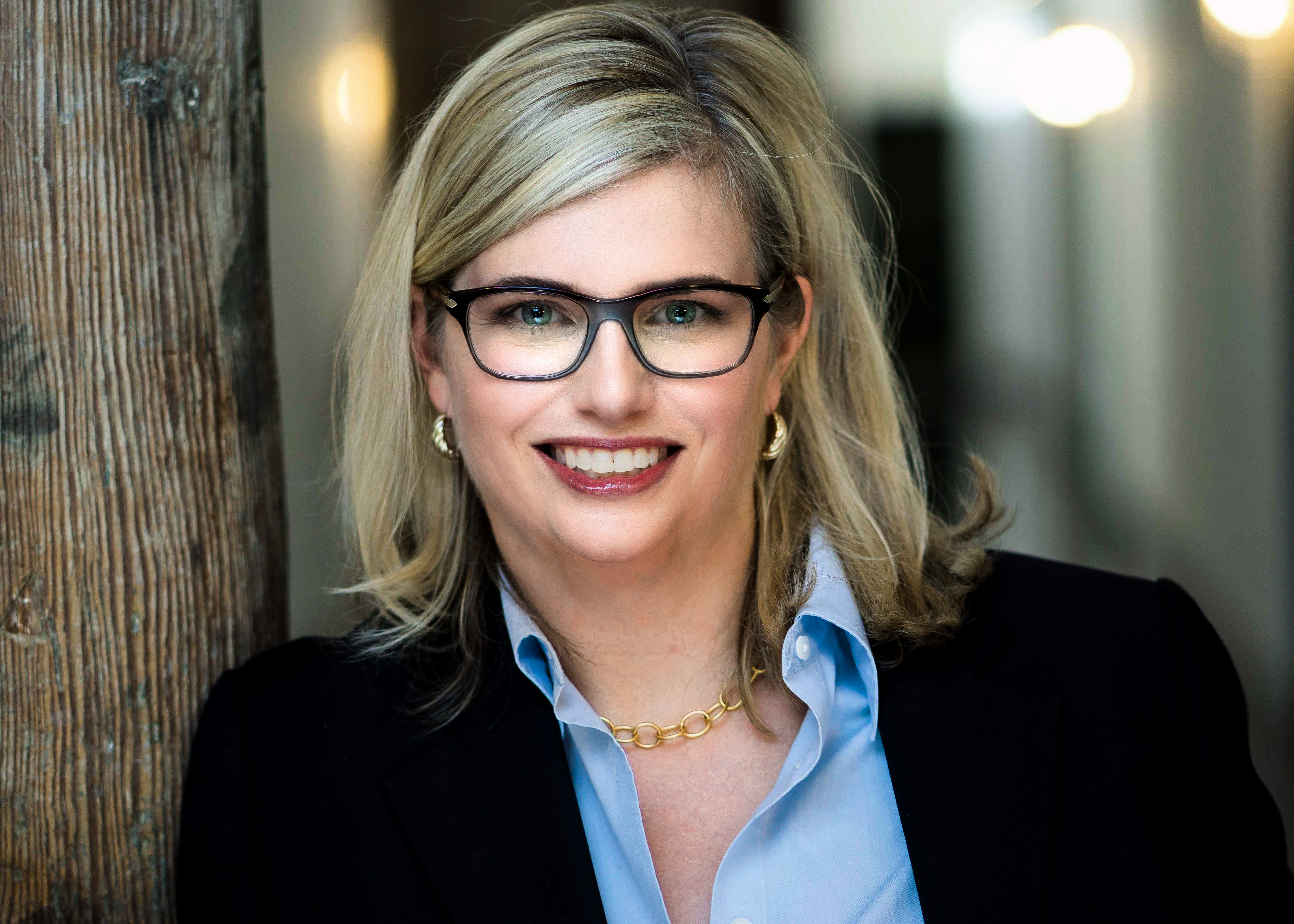
Recently, the incomparable Gloria Vanderbilt passed away from stomach cancer at the age of 95. The great-great-granddaughter of the railroad tycoon, Cornelius Vanderbilt, Gloria had earned wide renown in her own right as an American fashion designer, artist, actress, and author.
We all are familiar with the famous Vanderbilt estate and the financial legacy that this family had passed down since accumulating the original railroad fortune. Gloria’s father had gambled away much of this estate though, so Gloria made her own way and didn’t rest on her laurels as a trust fund kid. With her writing and acting work as backing, she was able to develop the well-known fashion line launched by Vanderbilt jeans in the 1980s. The line took off to become the highest-selling denim brand, reportedly generating $100 million annually and earning Gloria some $17 million in profits between 1978 and 1984. (1)
In 2014, Gloria announced that her equally famous son, newscaster Anderson Cooper, would not be receiving her $200-million fortune. What makes this case so different from many others is that that unlike the celebrity estate debacle stories we read of, there doesn’t appear to be any ill will. Cooper has said his parents told him from a young age that “there will be no trust fund” and that he considers coming into an inheritance a “curse.” (2)
I can only surmise that observing her father’s inability to handle the Vanderbilt trust fund influenced Gloria’s decision by helping her recognize the dual nature of a major inheritance, or the potential to receive one. Those in line to inherit substantial wealth might assume they have a guarantee of financial security. But as in Gloria’s case, that promise isn’t always fulfilled. If you didn’t build it yourself, the wealth you’re counting on can all be gone tomorrow.
While most of us aren’t positioned to inherit anything on the scale of the Vanderbilt fortune, the expectation of inheriting large amounts of money — or even of an education completely funded by family — can impact our motivation for personal financial success. At some subconscious level, that perception of a financial safety net erodes the motivation to keep pushing forward, make a difference, further our own career and generally better ourselves.
It’s the age-old story we see played out in families like the Vanderbilts and in lottery winners, who almost invariably go broke not terribly long after receiving their winnings. My professional experience similarly supports the idea that most people aren’t emotionally ready for large amounts of money when they get it. This is why the bulk of wealth in the United States isn’t inherited or won through the lottery, but earned, frequently by self-made small business owners.
This pattern should be an important consideration when deciding how to pass down assets in your estate plan. Instead of leaving larger life insurance policies and other assets outright to your kids or other beneficiaries, consider structuring these assets as part of a trust that imposes clear guardrails on how the monies will be systematically paid out. The strategies you utilize can not only help protect beneficiaries from their own worst impulses but also reflect your values.
For example, it’s common for estates in my practice to incorporate terms designed to encourage rather than remove the beneficiaries’ incentive to focus on their own career and future. Common tactics include:
- Paying out dollars in amounts that match the beneficiary’s current W-2
- Releasing a small percentage (maybe 5%) of the total amount annually
- Releasing funds only for specific purposes such as education or starting a business
This concept generates pushback in some quarters, of course. I frequently hear clients rationalize that “if my kids are 40 and still don’t know how to handle money at that point, they never will.” They use this to rationalize choosing a typical estate distribution template that follows the familiar pattern of one third at age 25, 1/3 at 30, and the rest at 35.
But while a trust fund that follows those terms may provide thrilling infusions of cash, are we really helping our kids achieve lifetimes of success and satisfaction by giving them large, outright distributions like this? I think Gloria Vanderbilt and Anderson Cooper were onto something.
(1) McFadden, R. D. (2019, Jun 17). Gloria Vanderbilt Dies at 95; Built a Fashion Empire. New York Times. Retrieved from https://nytimes.com
(2) Sulkin, A. (2019, Jun 17). Gloria Vanderbilt Dies at 95. Wealth Management. Retrieved from https://wealthmanagement.com.
Meredith Moore is a 20-year veteran of the financial advisory industry who specializes in bringing a customized approach to support the highly personal dynamics that govern her clients’ relationship with money and success. She is the recipient of numerous industry awards and a noted speaker and writer focusing on the intersection of power, money, and gender within relationships. Ms. Moore can be reached at www.artisanfsonline.com.
Meredith C. Moore of Moore and Artisan Financial Strategies, 1125 Cambridge Square, Suite C, Alpharetta, GA 30009 (770) 587-0281.Learn how to take control of your financial life and discover what makes women’s financial planning needs such a unique challenge with our free, white paper: https://www.artisanfsonline.com/.19.htm


